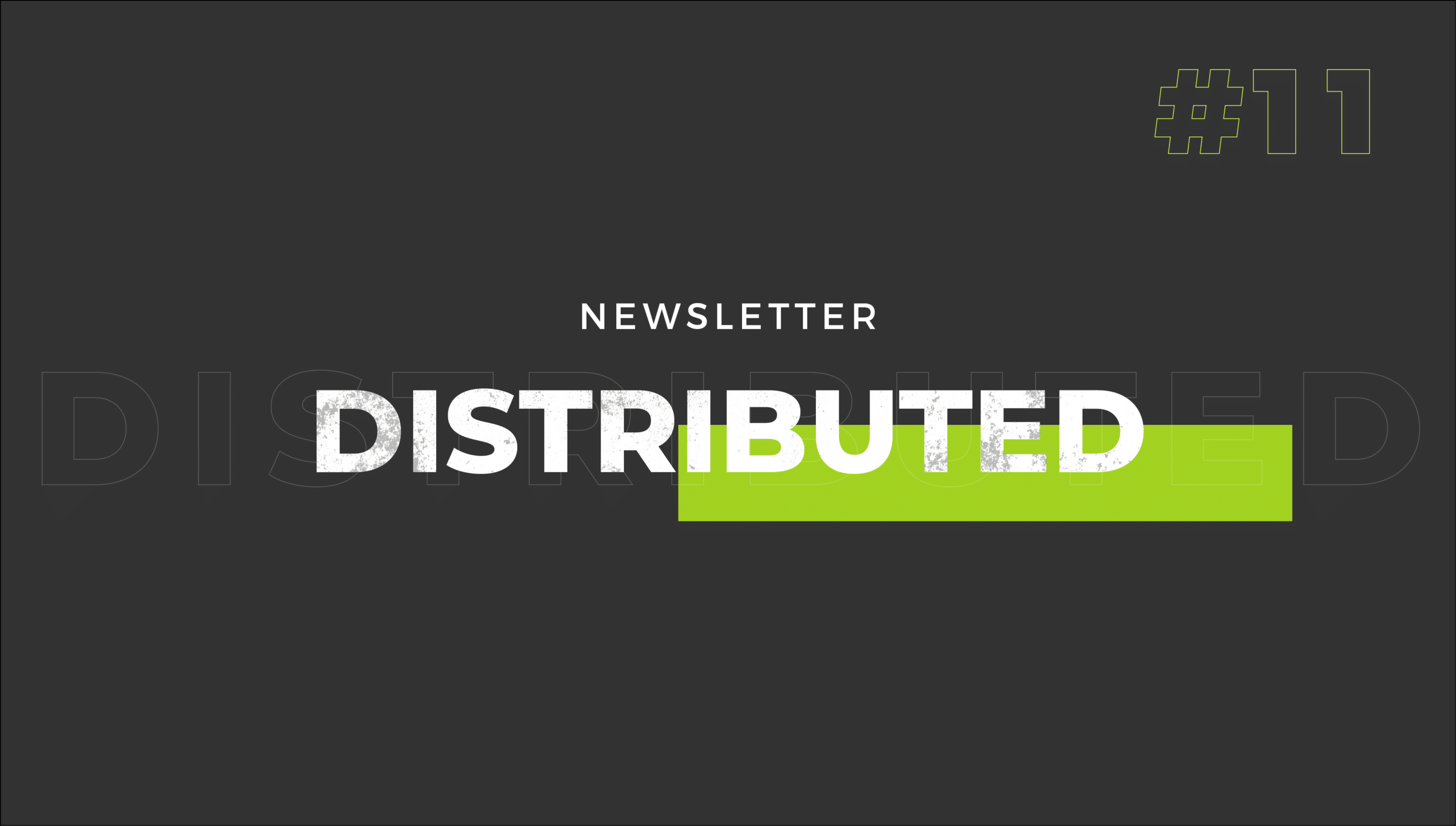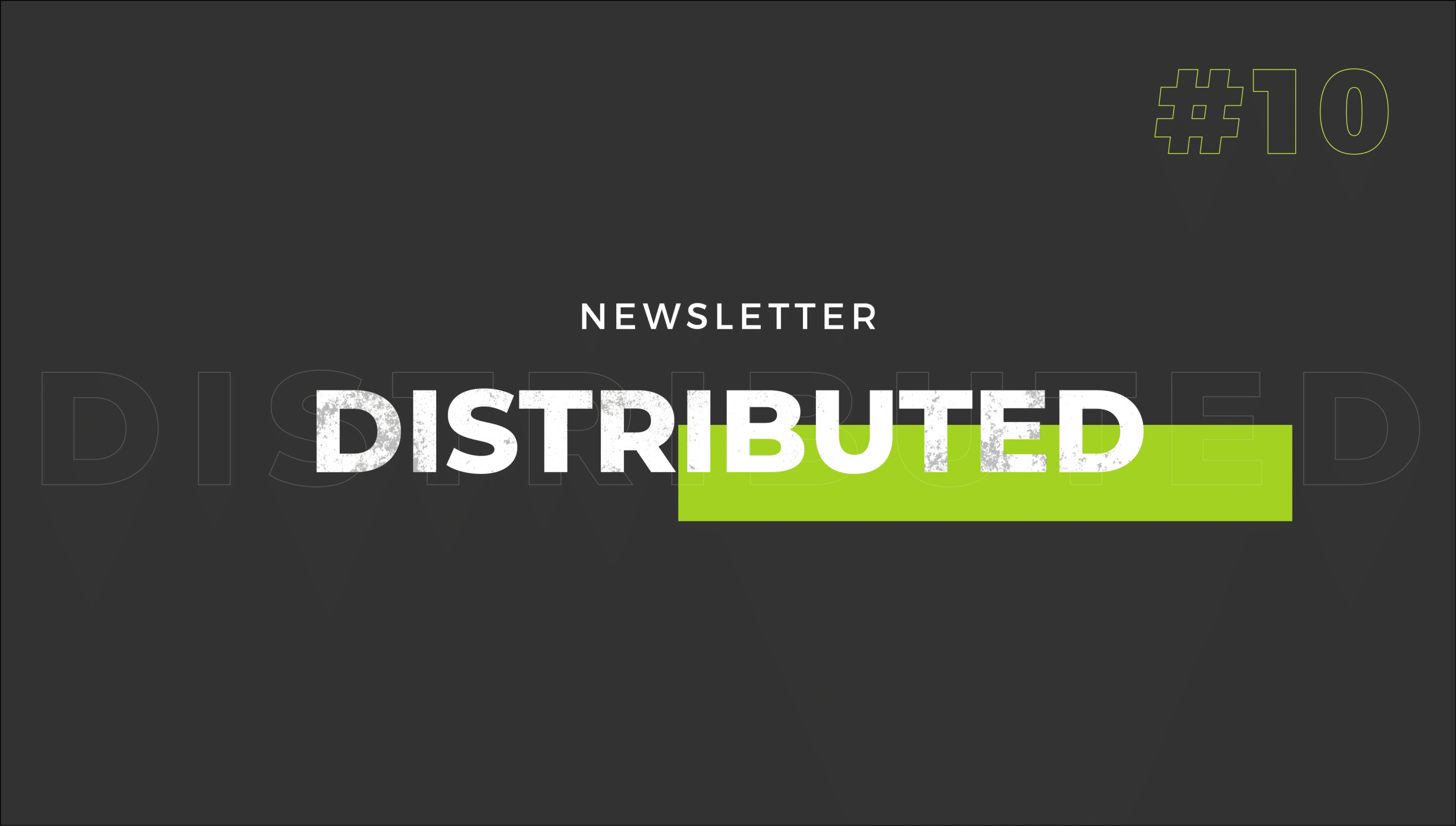An early lesson for the user experience (UX) professional is to value effectiveness over efficiency. All web developers subconsciously measure most designed/engineered processes in our life in terms of efficiency.
Interaction: “This ATM is taking forever, there’s a line behind me. Come on!”
Outcome: “I got my money deposited but now I’m late and five people behind me probably are too—great start to my morning.
”Most of our interactions with technology in a given day are like this so our intuition is to value efficiency when we evaluate all technology. While efficiency is important, the following five reasons might convince you otherwise when it comes to websites.
1. Effectiveness is Satisfaction
We naturally strive to design and develop efficient websites. We optimize to make them faster and we try to cut down on pages and create a meaningful path with your navigation. But how accurately can users with the five most common interaction goals find what they’re looking for on your website?
When you walk away from a website, how easily did you find what you were looking for? This is what matters—not how quickly you stumbled through ten incorrect pages before you did.
2. Efficient… is not how you really browse
When you want to buy something on an e-commerce site, is that typically a time-sensitive goal? Maybe, but more likely you’re shopping online in the first place so you can leisurely compare products, maybe even across multiple sites.
An intuitive and learnable experience where users make few mistakes searching for (and purchasing) their product is far more important than how quickly they can get through the process.You don’t typically hear, “Honey, keep the car running! I’ll be done buying this camera in 27 seconds! What an efficient website!”
3. People can sense effective design
Purposeful design choices effectively resonate with users. If your site is designed effectively, no user feels alienated by the design. No matter if they’re a frequent visitor or a first-timer they have a reason for visiting your site. Identify those reasons and make sure multiple types of users can easily and intuitively find what they’re looking for without making mistakes.
If they have an effective experience accomplishing their goal, maybe they’ll browse other parts of your site and find goals they didn’t know they had.
4. Inefficient Effective Systems Win Out
It’s not ideal, but if your system has to be inefficient it should at least be effective. Someone who takes a long time to accomplish their goals on a site but never makes a misstep will be more satisfied than one who zips from page to page and makes dozens of mistakes. In fact, that can compound their frustration.
I’m not suggesting you design for inefficiency, just place a high value on effectiveness in a situation where inefficiency is a given.
User: “This site was designed for me!
The best way to make a personal connection with a user is for them to be left with the feeling of effectiveness: A feeling that their first impression of where the answers to their questions should be found is exactly where they found them. This shows them that you thought about them when you designed the site.
They might not realize it, but they subconsciously identify you with placing value on their user experience.




